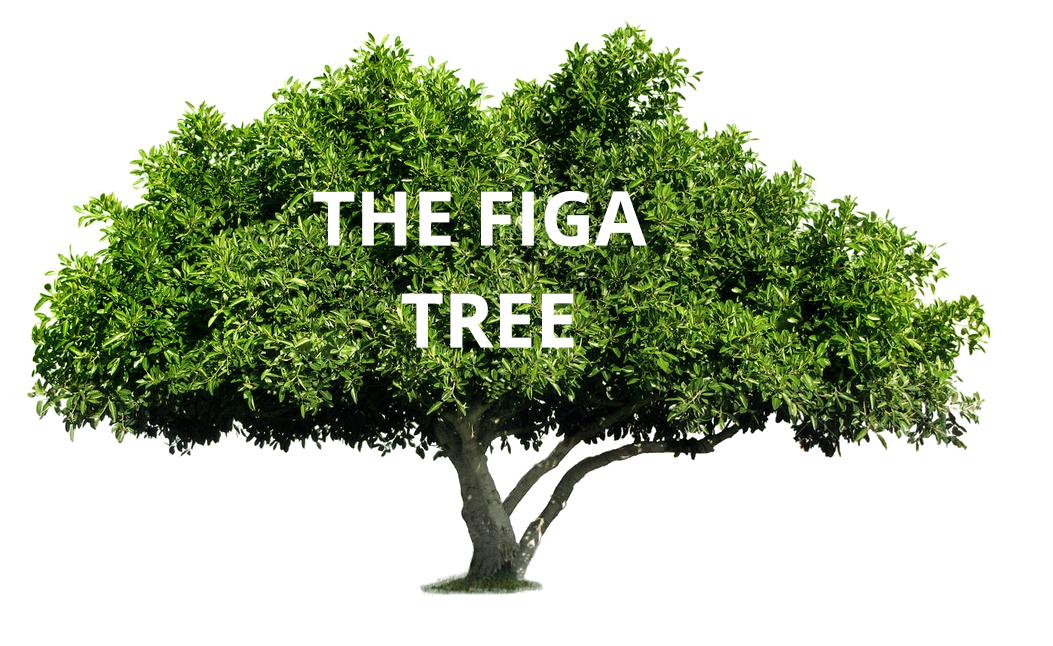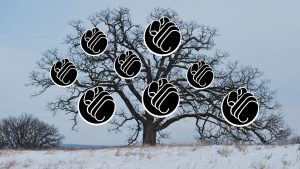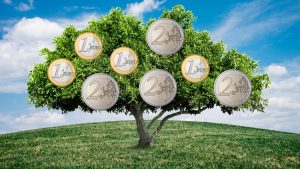
Taxes Payment
Taxes and levies are one of the important channels through which money flows, especially to a group that has an employment relationship and that is the only source of their income. If you are an employee, it is unnecessary to think about optimizing taxes, because they are automatically paid from your wages and you are already getting a tax-free salary. For you, managing money is easier, but it is very difficult to get to financial independence. Financial independence may not be the goal, but a goal could be to maximize efficiency that you wouldn't get without managing money.
Doodads
In this category, we include those things of material nature that have a certain value for you, but which do not make you any more money. If the same thing produces money, it is classified in the "assets" group. In the category of doodads can be a car, real estate, jewelry, sports equipment, etc. If the total value I own consists of doodads and assets, the recommended doodads value should not exceed one-third of the total value.
Balance
This is a pretty straightforward indicator. It tells us how much of your income remained at the end of the month. This means that if you deduct all expenses from your income, you will still have an amount left. You divide this amount by your income and get a final percentage that tells you how much of your income has not been spent but has remained. The amount you have left should increase every year and tracking it should be part of your money management.
Housing
Housing costs include all housing-related costs such as mortgage, real estate tax, property insurance, media, equipment, repairs, etc. Mortgages are the key. In the analyses, I often encounter too high housing costs compared to the total family income. It is recommended that this should be less than one-third of the total net revenue. If it's more, you don't have enough room to maneuver.
Return on Assets
With this indicator, it is sufficient to know that the asset has more value at the end of the year than at the beginning. The wealthy people, unlike the poor, focus on the value of its production and then on the value of that asset. If we compare it to a hen, wealthy people watch mainly how many eggs such a hen lays and in what proportion it is to its price.
Money's Work
Money's work means how much you personally work for the income, and how much money you put into various assets during your life. This is the so-called passive income. Passive means that you do not have to spend working time on it and that if you lose your job for some reason, passive income would continue. In addition to real estate, passive income can also be earned from money in a bank, from any investment, security, business, or commodity, either in physical form or in financial derivatives (beware of those).
Assets
An asset is something that makes money. The most important asset in your life is you. For many, the self is the only asset, which is very risky in today's material world. Other assets can also be money, securities, real estate, business, commodities or other investment instruments.
Wealth in Time
In today's world, time and money are very closely related. For money management, an indicator of wealth over time is more important than wealth in money. For a simple understanding of this indicator, if you divide the amount of money available to you (in all your assets) by the amount of your average monthly cost, you will get the number of months. This is the number of how rich in time you are and means how many months you would be able to live at the present standard of living if, for some reason, your work income stopped completely. If you had a passive monthly income equal to or greater than your monthly costs, you would be financially independent and unlimitedly wealthy in time.
When you work for money, you end up with no reserve (you got a fig).

When money works for you, you reap the harvest and live freely.

Learn how well off you are, and how you can improve it.
*no financial products are sold on this website.

